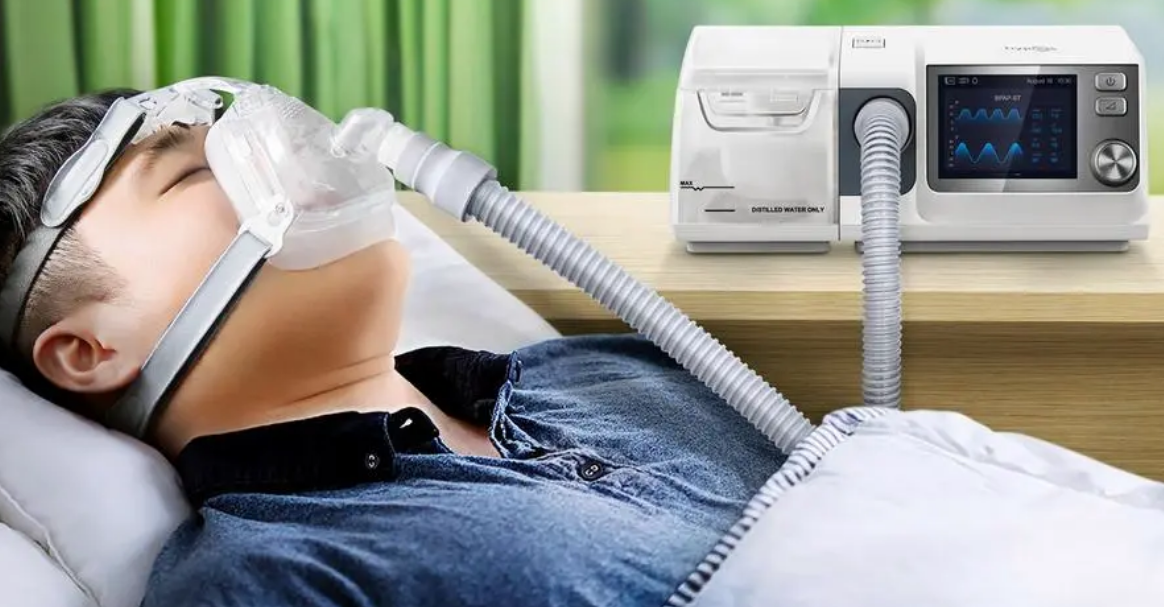A ventilator is a medical device used to provide artificial respiration. It is commonly used to treat respiratory diseases such as severe respiratory distress syndrome (ARDS), sleep apnea syndrome (OSAS), pneumonia, acute lung injury, etc. Ventilators improve breathing by injecting oxygen or a mixture of gases into the patient’s lung spaces.
Ventilators can be point-of-care ventilators, typically used in hospitals or home care, or portable ventilators, typically used for on-site care or long-distance travel.
The use of ventilators can significantly improve the breathing function of patients with respiratory diseases, improve survival rates, and reduce healthcare costs. However, using a ventilator may also bring some side effects, such as infection, ventilator-associated pneumonia, etc., so it should be used under the guidance of a professional doctor.
Ventilator batteries are specialized batteries for portable ventilators. They need to have high capacity, stable voltage, and long service life to ensure the normal operation of the ventilator. Common ventilator batteries include lithium and nickel metal hydride batteries.
Such batteries are important because ventilators are vital devices for treating respiratory diseases, especially severe respiratory distress syndrome (ARDS) and sleep apnea syndrome (OSAS). Therefore, the ventilator battery must be reliable and able to provide enough power to keep the ventilator running without power.
Selecting a ventilator battery requires consideration of the following factors:
1. Battery capacity: The ventilator needs to run for a long time, so it is very important to choose a battery with sufficient capacity.
2. Battery voltage: The ventilator needs a stable voltage to ensure its normal operation, so it is very important to choose a battery with stable voltage.
3. Battery life: Ventilators need long-lasting batteries to keep them running long enough without power.
4. Size and weight: If you choose a portable ventilator, you need to choose a battery with a suitable size and weight for easy portability.
5. Safety: Ventilator batteries need to have good safety to ensure that no dangerous situations will occur during use.
Based on the above factors, lithium batteries are usually chosen as ventilator batteries because of their high capacity, stable voltage, long life, small size and weight, and safety. However, the final choice needs to be determined according to the needs of the specific ventilator and the doctor’s advice.
Therefore, I recommend TEFOO ENERGY standard lithium battery, which is convenient for operators to carry out mobile indoor and outdoor operations. Providing continuous, efficient and stable mobile power supply has become the greatest guarantee for the normal operation of such equipment. The solution uses high-performance batteries, so that the entire battery has the characteristics of high energy ratio, light weight, small size, high cycle life, high safety, and high consistency. The battery is very convenient to use, and the original battery can be directly replaced on site.




